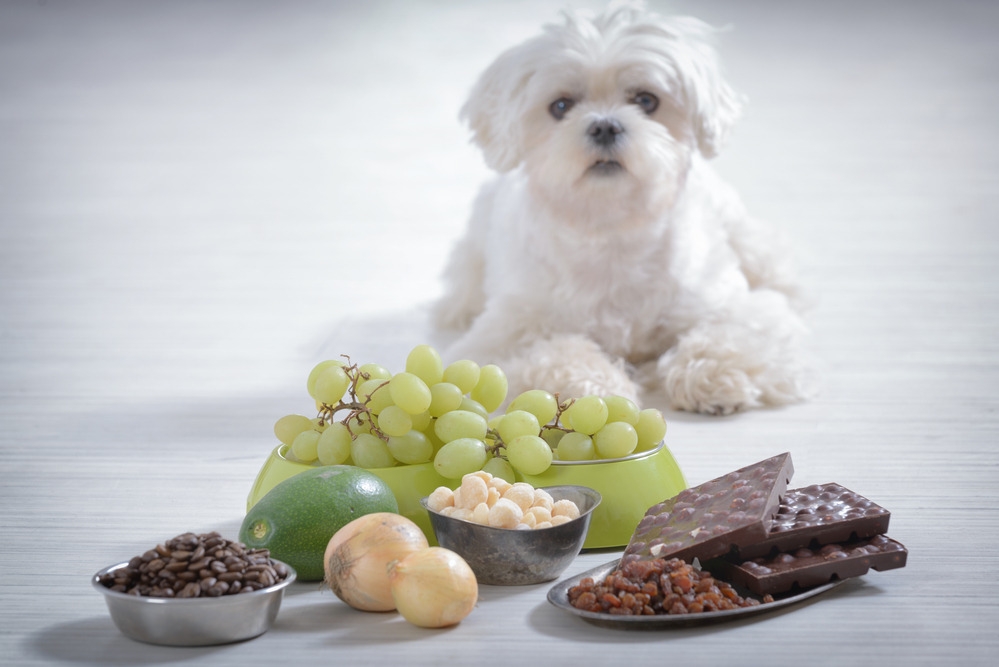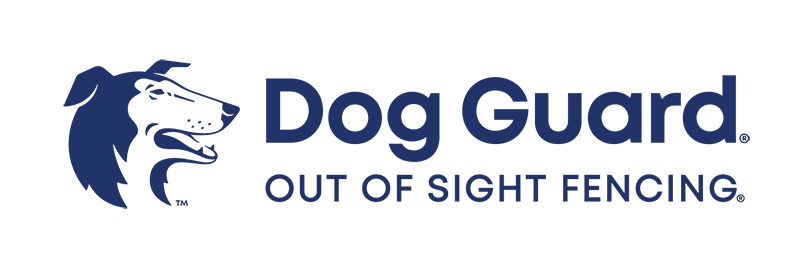Every year, thousands of pets are unintentionally poisoned by common household items, toxic plants, and medications. Pet Poison Prevention Month, which takes place in March, is a time to raise awareness about the dangers of pet poisoning and to educate pet owners on how to keep their furry friends safe.
 There are many potential poisons in the average household, including cleaning products, human medications, insecticides, and certain types of food. Even seemingly harmless items like chocolate, grapes, and onions can be toxic to pets. It's important for pet owners to understand which items are dangerous and to take steps to keep them out of reach of their pets.
There are many potential poisons in the average household, including cleaning products, human medications, insecticides, and certain types of food. Even seemingly harmless items like chocolate, grapes, and onions can be toxic to pets. It's important for pet owners to understand which items are dangerous and to take steps to keep them out of reach of their pets.
One of the most important things pet owners can do to prevent accidental poisoning is to keep all medications and toxic substances out of reach. This includes keeping medications in a secure cabinet or drawer, and storing cleaning products and other chemicals in a locked cabinet or on high shelves. It's also important to be mindful of where and how medications are stored when traveling with pets, as items left in purses or backpacks can be easily accessed by curious pets.
Another important step in pet poison prevention is to be aware of which plants are toxic to pets. Common houseplants like lilies, azaleas, and poinsettias can be harmful to pets if ingested. Outdoor plants like daffodils, tulips, and hydrangeas can also be toxic. Pet owners should research the plants in their home and yard to determine which ones may be dangerous, and either keep them out of reach or remove them altogether.
Pet owners should also be cautious about giving their pets certain types of human food. Chocolate, for example, can be toxic to dogs and cats, as can grapes and raisins. Onions and garlic can also be harmful to pets. It's important to read ingredient labels carefully when feeding pets and to avoid giving them foods that are known to be toxic.
If a pet is suspected of having ingested a poisonous substance, it's important to act quickly. Symptoms of poisoning can include vomiting, diarrhea, seizures, and difficulty breathing. Pet owners should contact their veterinarian or a pet poison control hotline immediately for advice on how to proceed. In some cases, inducing vomiting or administering activated charcoal may be recommended, while in other cases, emergency veterinary care may be necessary.
Pet Poison Prevention Month is a reminder that it's important for pet owners to take proactive steps to keep their pets safe from accidental poisoning. By being aware of potential dangers and taking preventative measures, pet owners can help ensure that their pets stay happy and healthy.
For more information on pet poison prevention, visit the ASPCA's Animal Poison Control Center website at https://www.aspca.org/pet-care/animal-poison-control.

